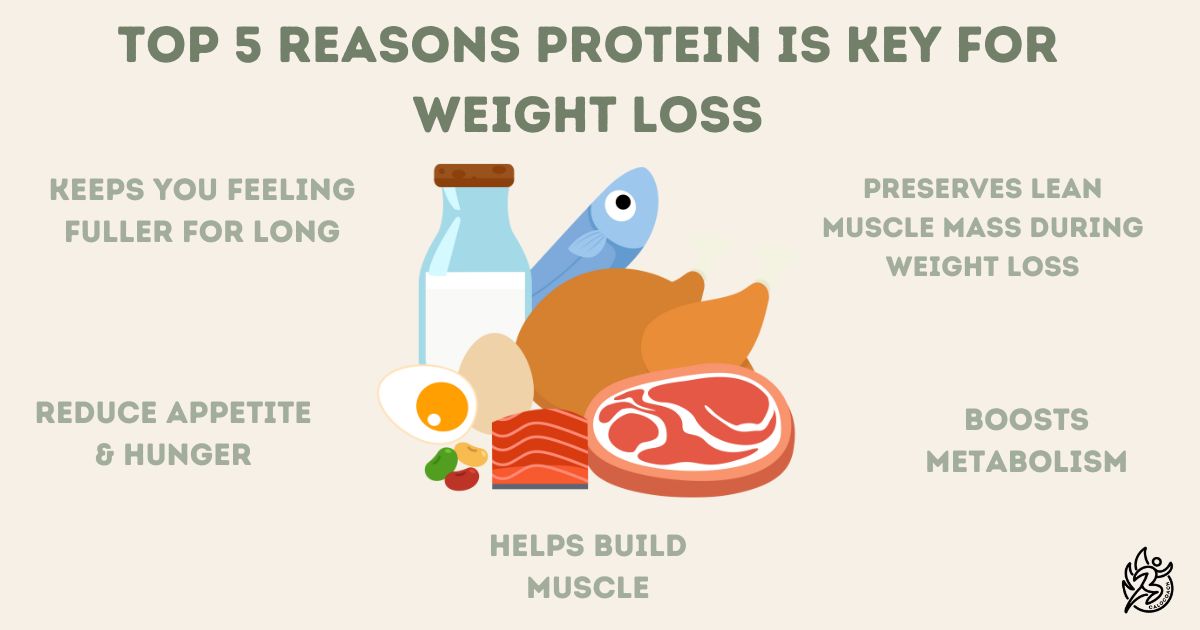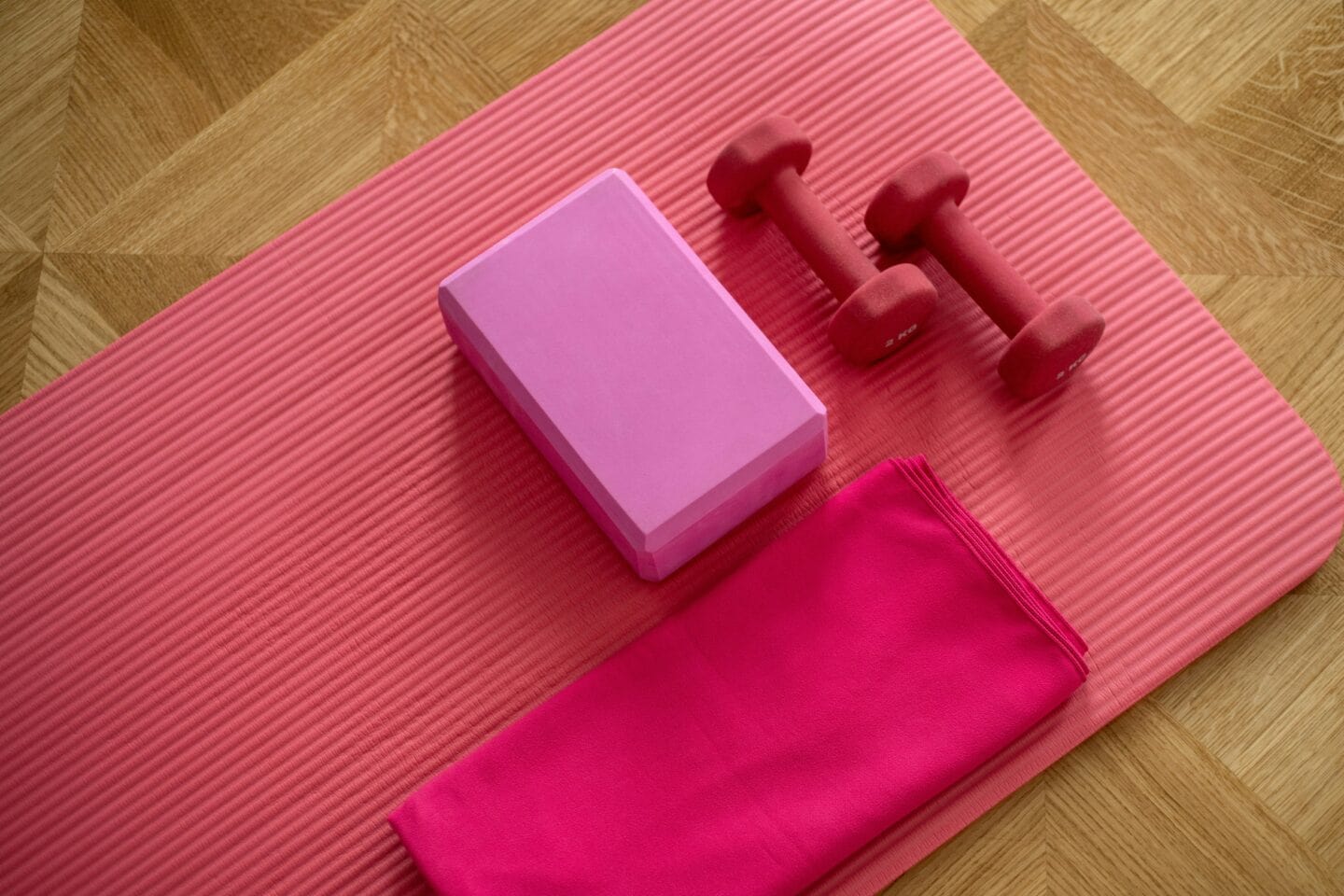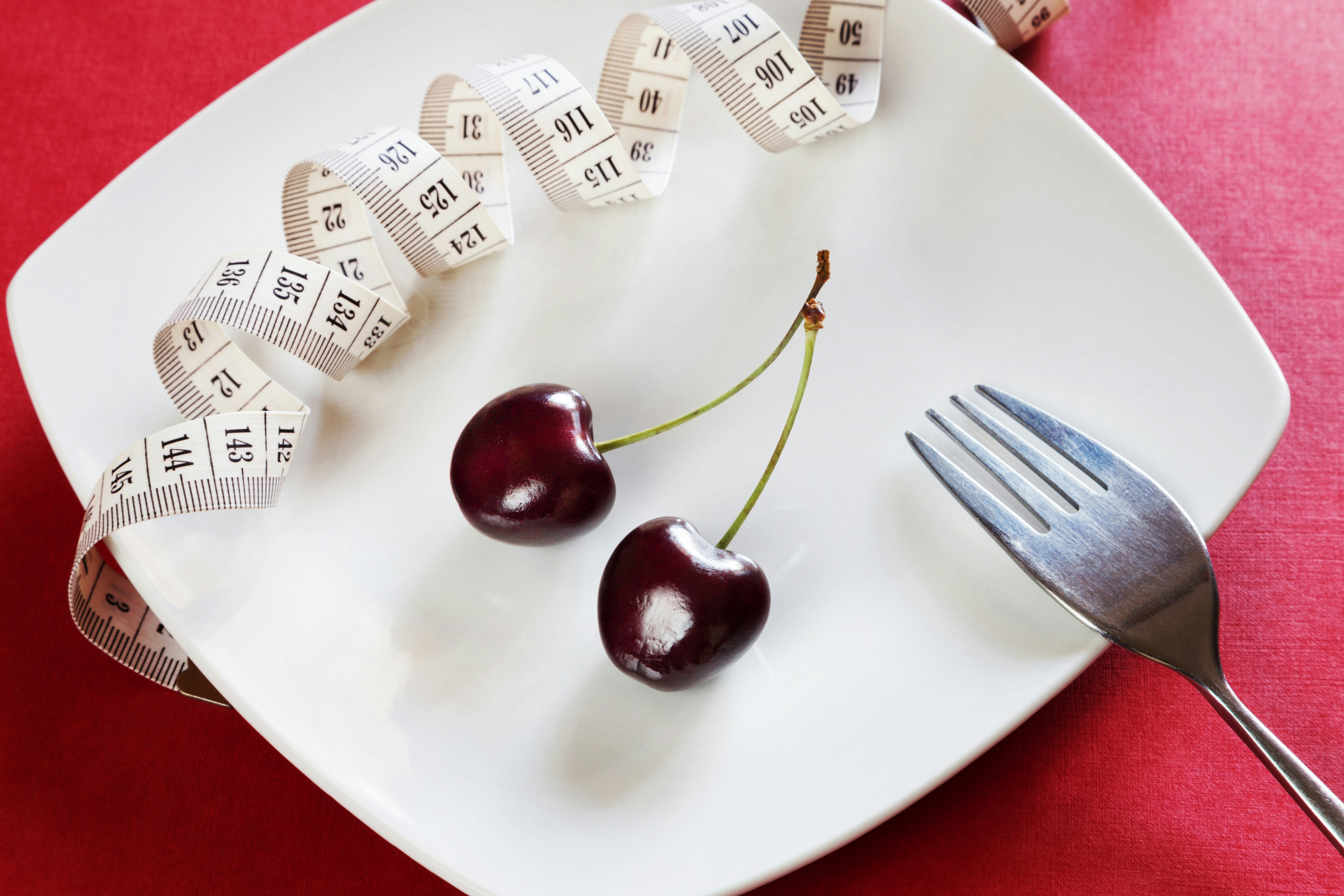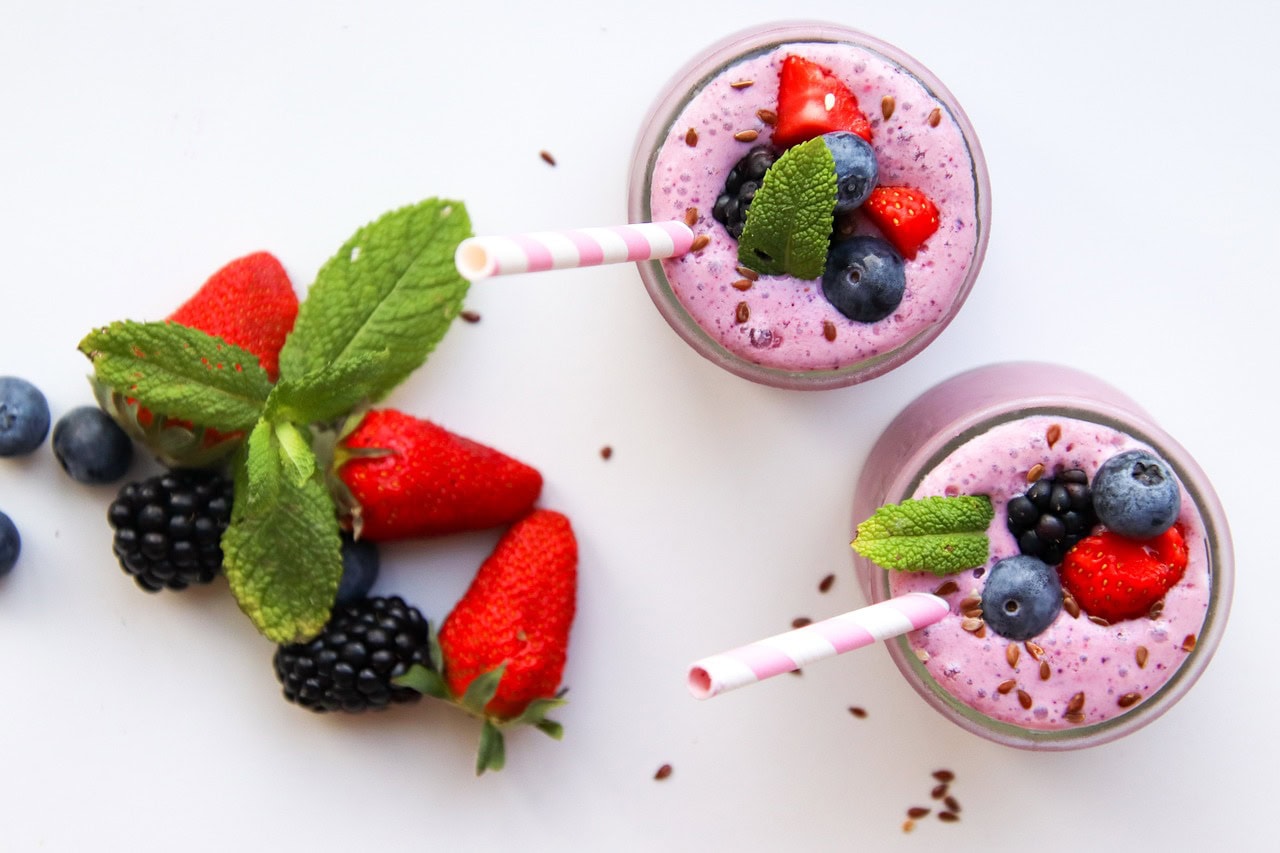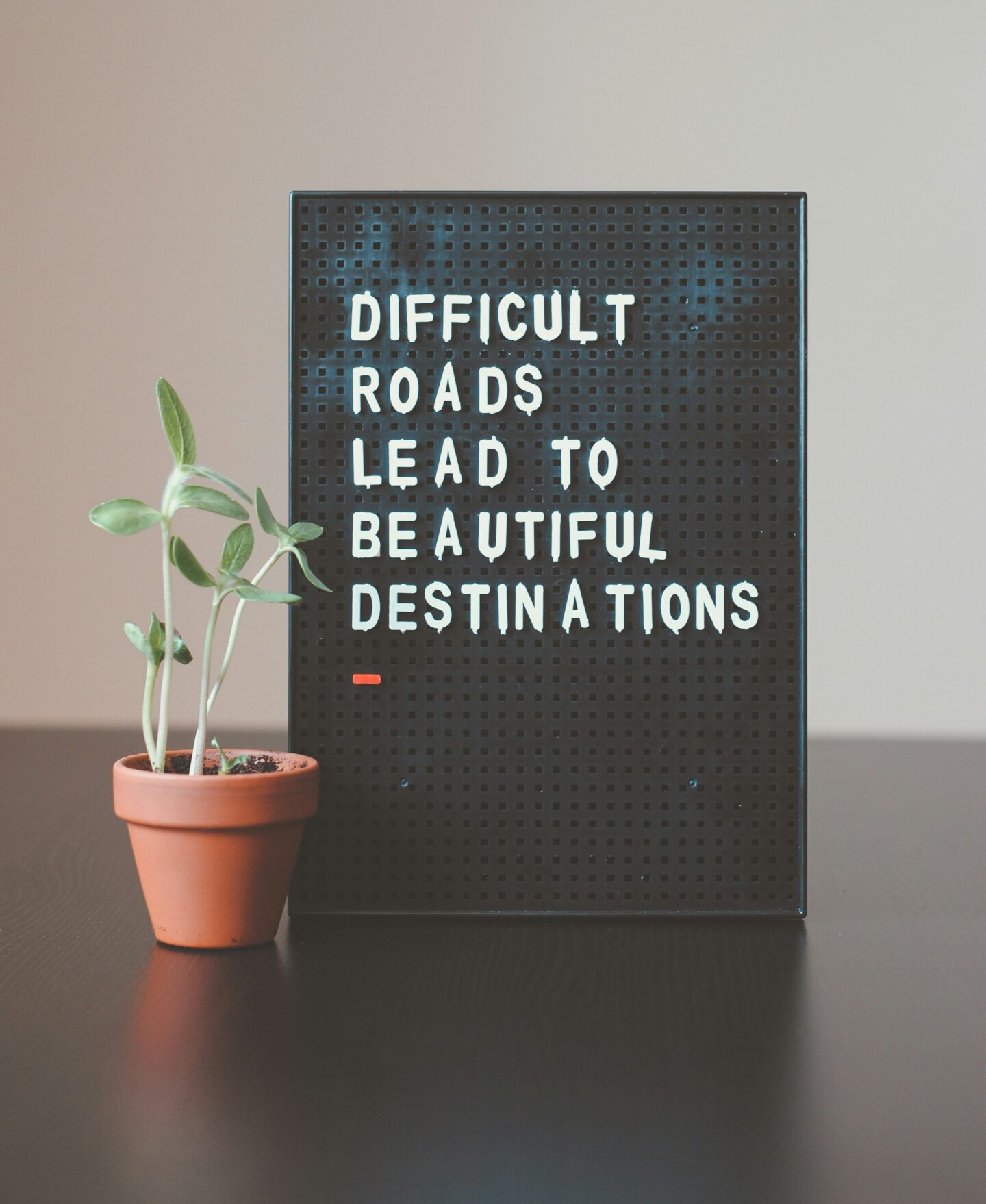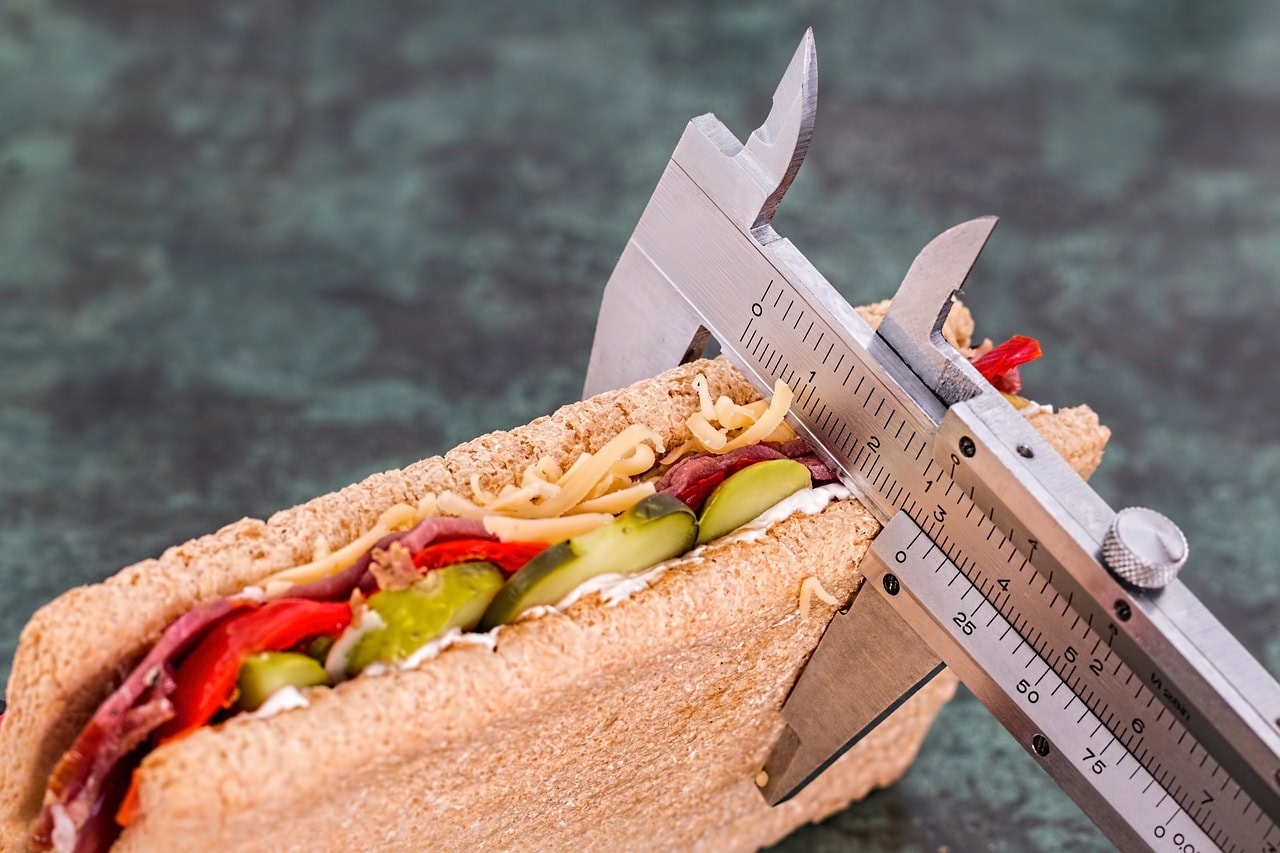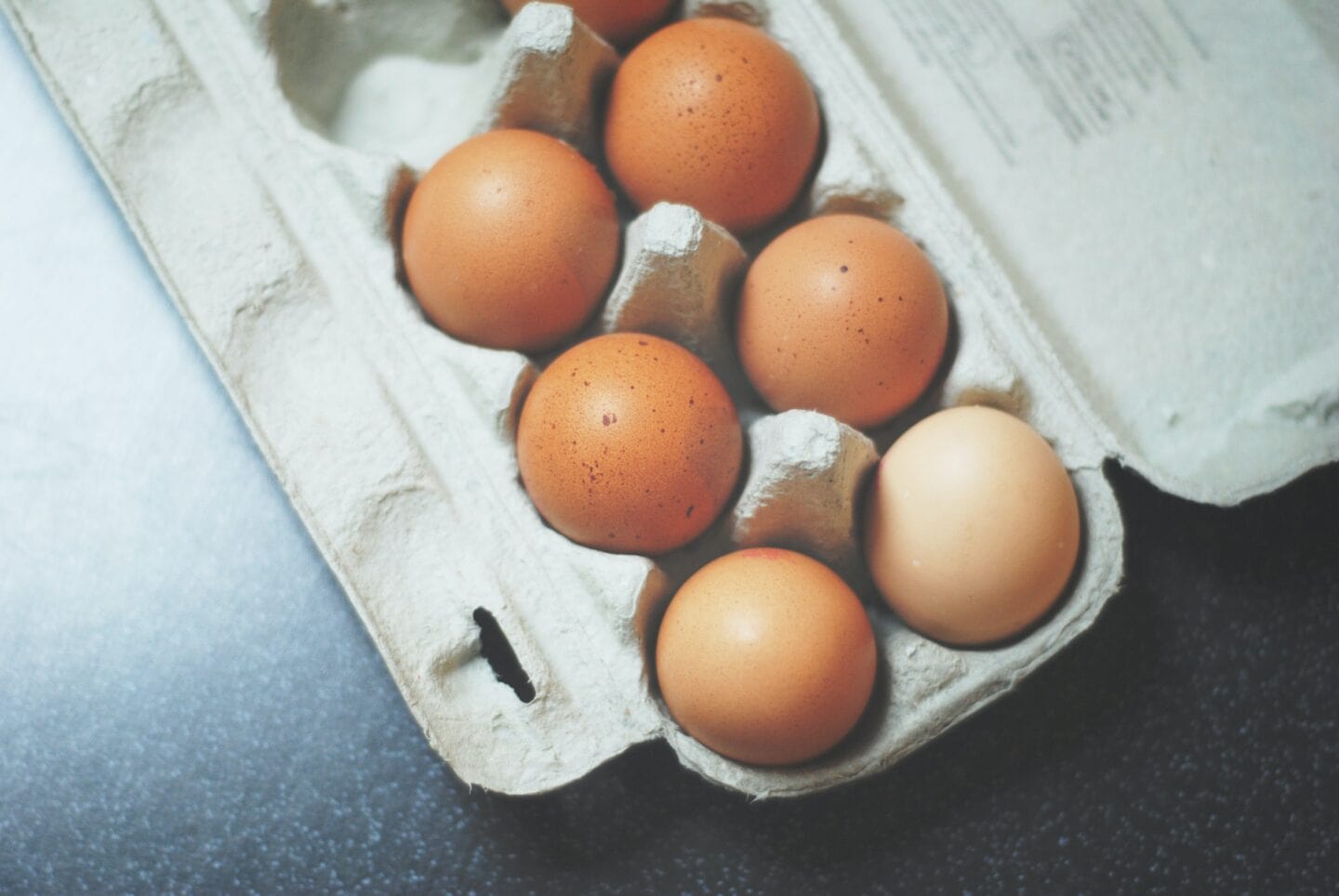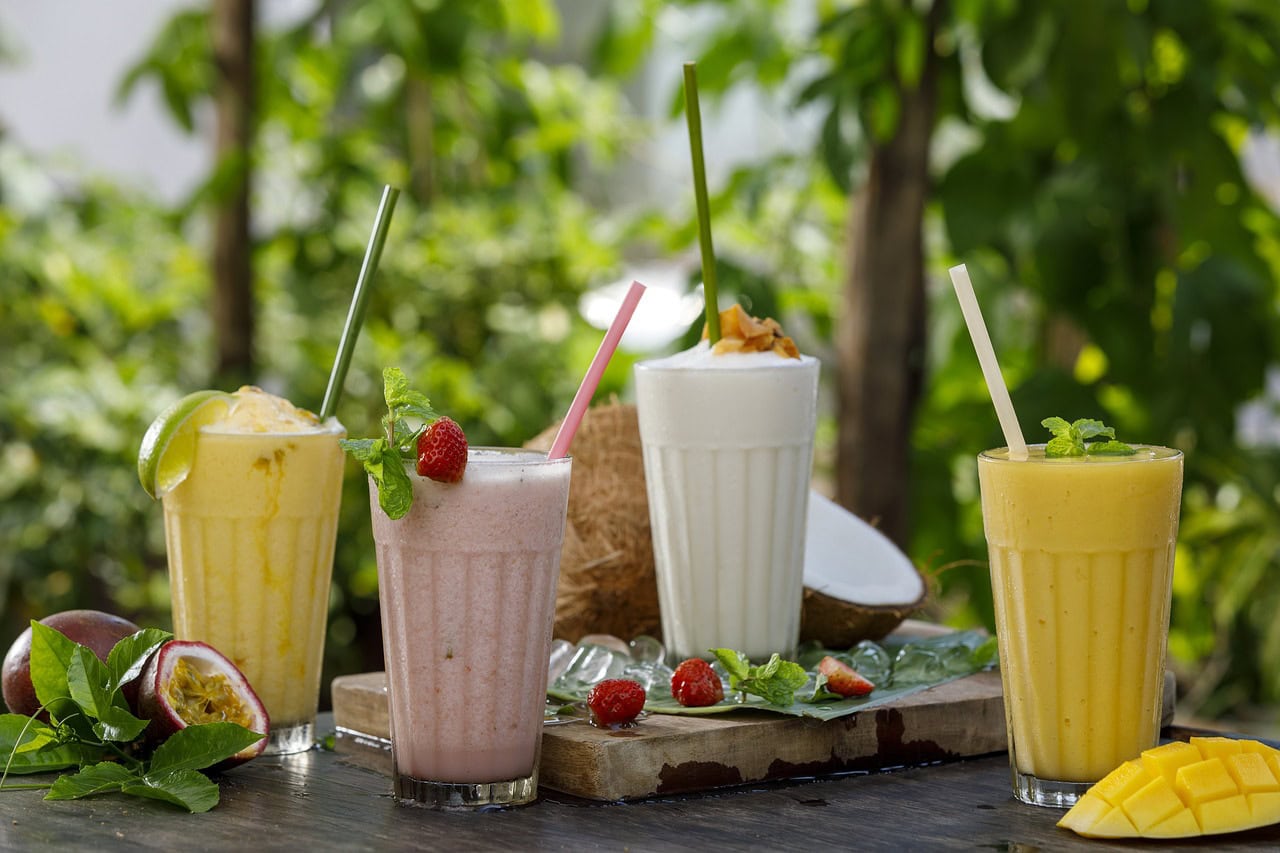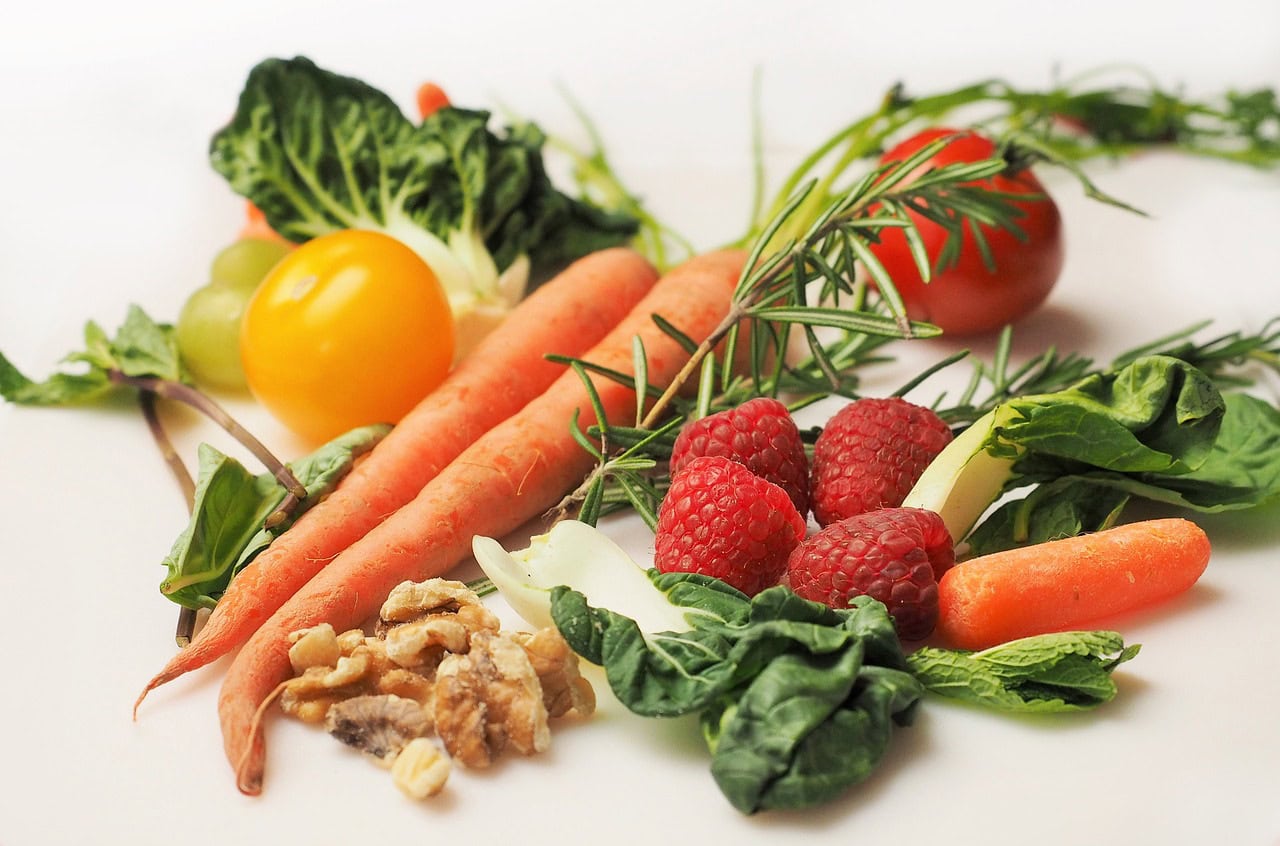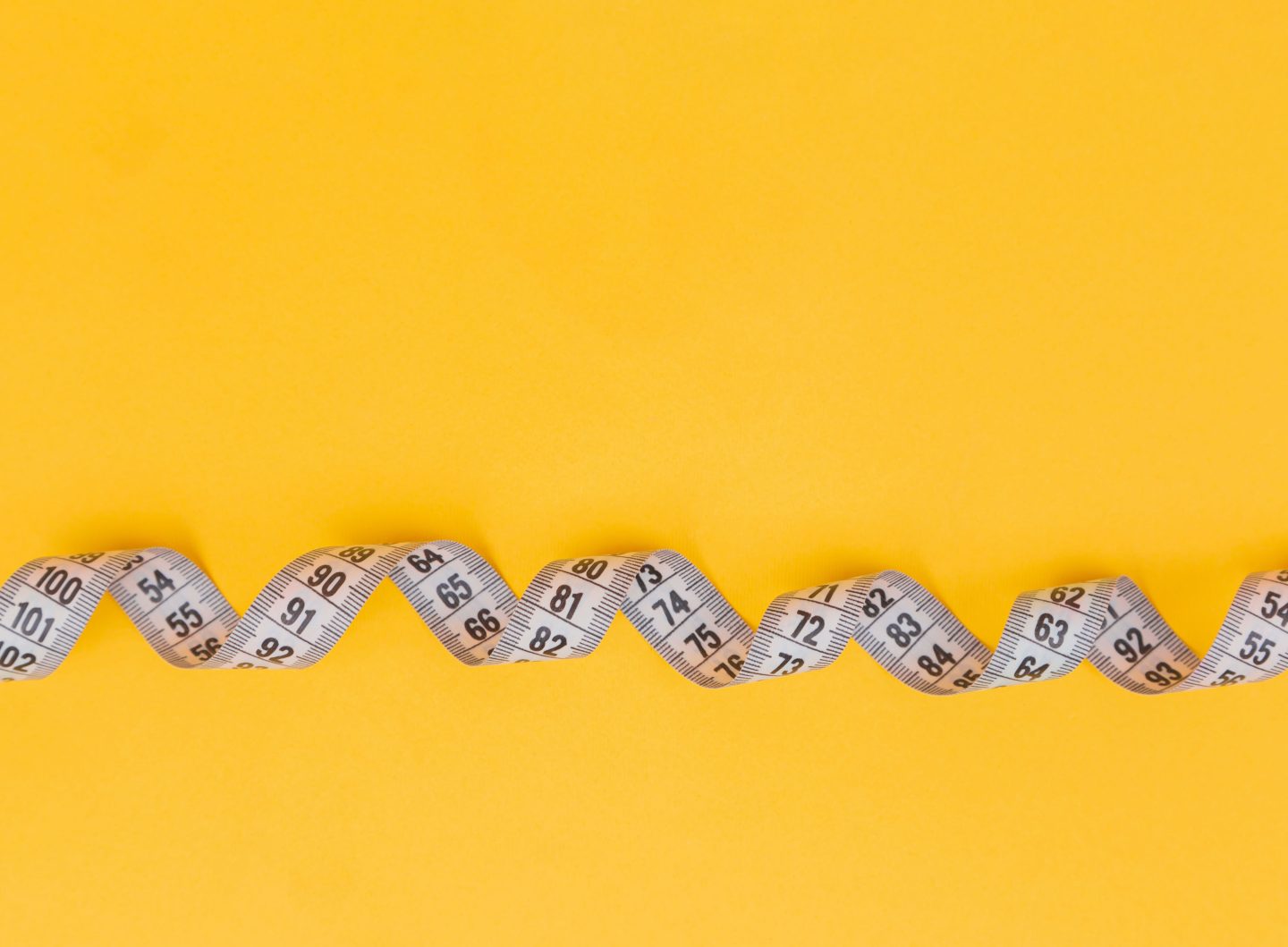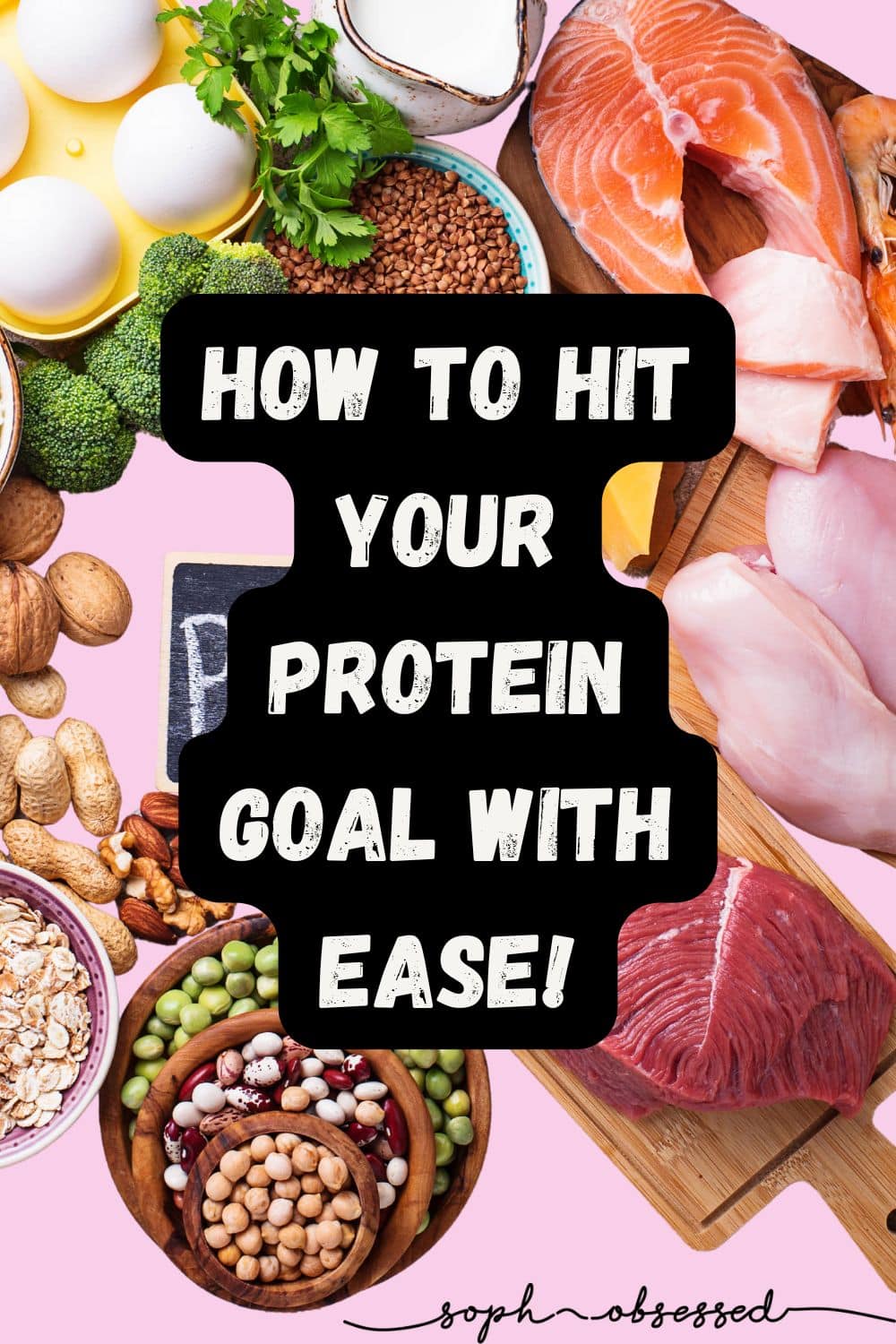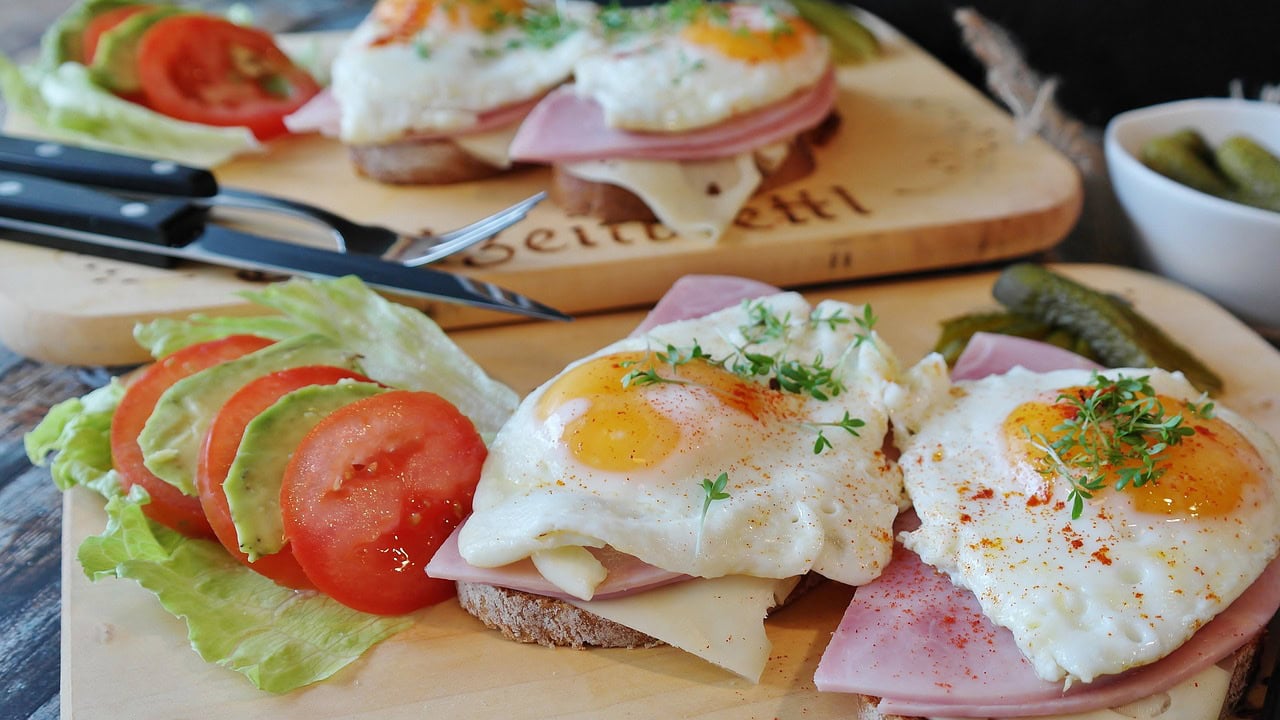
If you are in my Facebook group you’ll be sick of me saying this but -protein plays a vital role in both weight loss and overall health! When it comes to weight loss the majority of us struggle to consume enough protein on a daily basis. If you are left wondering: how to hit your protein goal then I’m not going to leave you hanging! Whether you’re looking to lose weight, build muscle, or simply maintain a healthy diet, this post will provide all the information you need to optimise your protein intake. From understanding why protein is essential for weight loss to learning about high-protein snacks and meal ideas that are easy to incorporate!
As always, before undertaking any kind of weight loss or lifestyle change, it is always best to speak to a medical professional or registered dietician who is best suited to give personalised advice on your individual health needs and health issues. This blog post has been researched to the best of my ability, and the information posted is accurate at the time of publication.
How and Why is Protein Important in Weight Loss?
I spent most of my life assuming that protein was exclusively for weight lifters with no benefit to those of us on weight loss journey. How wrong was I!! Protein is not just another nutrient – it’s a game-changer when it comes to achieving weight loss and maintaining a healthy body composition.
Protein Promotes Satiety and Reduces Hunger
Protein-rich foods take longer to digest, keeping you feeling full for longer periods. This helps reduce overall calorie intake and prevents unhealthy snacking.
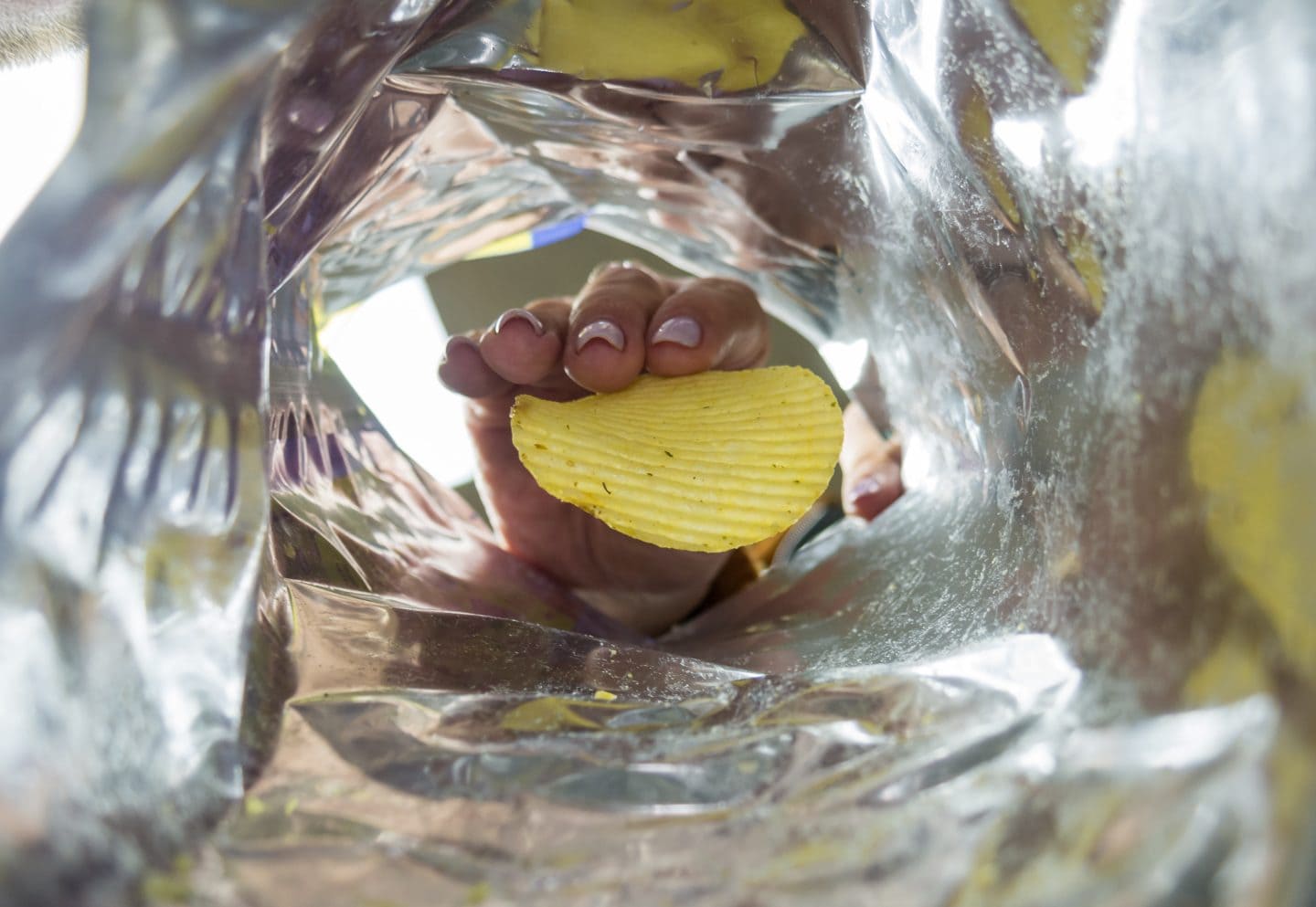
Protein Preserves Lean Muscle Mass
When you’re in a calorie deficit for weight loss, there’s a real risk of losing lean muscle along with fat. An adequate protein intake helps preserve muscle mass, which plays an important role in maintaining metabolism and overall strength.
Protein Supports Metabolism
Protein has a higher thermic effect compared to fats and carbs. This means your body burns more calories digesting and processing protein!
Protein Helps Regulate Blood Sugar Levels
Consuming protein with meals can help stabilise your blood sugar levels and prevent spikes and crashes, which is beneficial for energy levels and appetite control.
With these benefits in mind, it’s easy to see why hitting your protein goal should be a priority for anyone aiming for successful and sustainable weight loss.
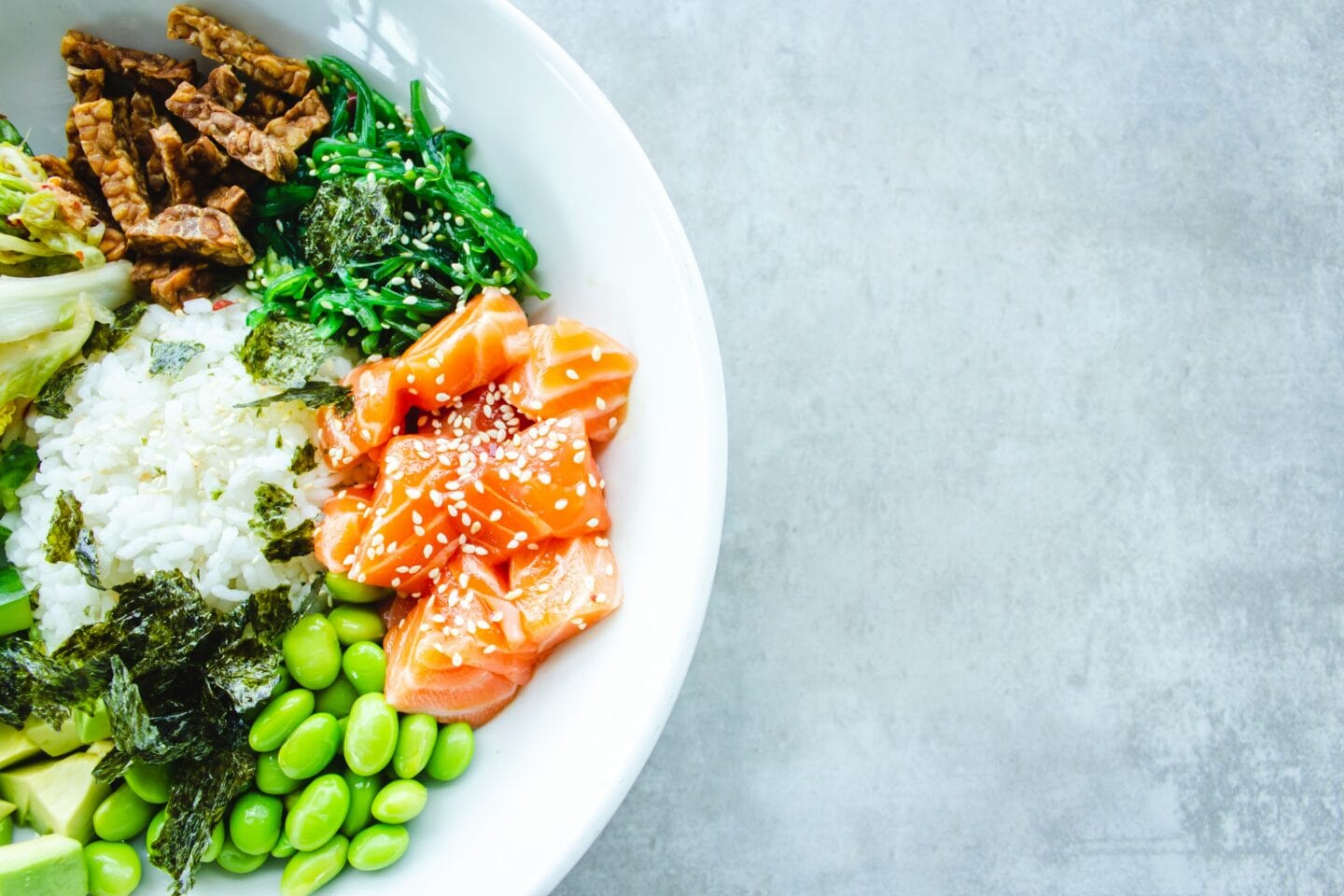
How to Calculate a Protein Goal for Weight Loss
So, how do you determine your protein goal? Wouldn’t it be nice if there was a magic number that worked for all of us? Well, when it comes to your protein goal it’s as unique as you are! It’s essential to personalise it based on your body composition, activity level, and fitness goals. Here’s a general guideline to get started:
Assess Your Weight and Activity Level
For most healthy adults, a good rule of thumb is to consume between 1.2 to 2.2 grams of protein per kilogram of body weight, depending on activity level and fitness goals.
Consider Your Fitness Goals
If your goal is weight loss, aim for around 1.6 to 2.2 grams of protein per kg of body weight. For muscle gain or maintenance during a calorie deficit, you might want to go higher within that range.
Adjust Based on Specific Needs
Older adults or those with higher levels of physical activity may require a higher protein intake. The optimal protein intake for most healthy adults will vary, but aiming for around 1.6 grams per kilogram of body weight is a solid starting point.
For example, if you weigh 70 kg and your goal is weight loss, aim for around 112-154 grams of protein per day to support muscle retention and fat loss.
Easy Ways to Hit Your Protein Goal
Once you’ve determined your daily protein requirements, the next step is figuring out how to hit your protein goal. Here are some easy ways that won’t feel too overwhelming:
Plan High-Protein Meals: Include a source of protein in each meal. Breakfast options could include eggs, Greek yogurt, or a protein shake. For lunch and dinner, consider lean meats like chicken breast, and turkey, or plant-based proteins like black beans and lentils. Meal planning is a fantastic tool to make sure you hit all of your nutritional requirements as well as your protein goal.
Add Protein-Rich Snacks: High-protein snacks like cottage cheese, hard-boiled eggs, or protein bars are a great way to increase your intake throughout the day. Keep these on hand for when hunger strikes and reach for those before things that offer little value like crisps and chocolate.
Incorporate Protein Supplements: Whey protein, whey concentrate, and unflavored collagen powder are convenient options to boost your protein intake without adding too many extra calories. They’re especially useful for post-workout recovery or in a midday protein shake.
Choose High-Protein Foods: When shopping, focus on purchasing protein-rich foods like chicken sausages, fish, lean beef, and plant-based protein sources such as tofu and tempeh. Adding these to your meal plan will make it easier to meet your daily protein target.
Add A High-Quality Protein Powder: Incorporating a high-quality protein powder into smoothies, oatmeal, or even baking recipes can help you reach your daily protein goal without much effort.
How To Ht Your Protein Goal – The Best High-Protein Foods
Choosing the right foods is paramount when it comes to meeting your protein needs. Here are some of the best high-protein foods to include in your diet:
- Lean Meats: Chicken breast, turkey, and lean cuts of beef are excellent sources of protein with minimal fat content.
- Seafood: Fish like salmon, tuna, and shrimp offer high-quality protein along with beneficial omega-3 fatty acids.
- Dairy Products: Greek yogurt, cottage cheese, and egg whites are rich in protein and versatile enough to be included in various recipes.
- Plant-Based Proteins: For those following a vegan diet, foods like black beans, lentils, chickpeas, and tofu are fantastic protein options. Hemp seeds and other plant-based foods can also contribute significantly to your protein intake.
- Eggs and Egg Products: Whole eggs and egg whites are classic high-protein foods that are easy to prepare and incorporate into meals.
- Protein Supplements: A protein shake made with whey protein, or a plant-based protein powder is a convenient way to hit your protein goal when you’re pressed for time.
These foods not only help you reach your protein goal but also contribute to a balanced and nutrient-dense diet.
On-the-Go Protein Snacks for Busy Days
If you’re often on the go, meeting your protein needs can be challenging. Here are some high-protein snacks that are perfect for busy lifestyles:
Protein Bars
Choose protein bars that contain at least 15-20 grams of protein per serving with minimal added sugars. Not all protein bars are equal and some of the ones on the market may state they are high in protein but the calories can also be astounding too! Always check your labels.
Hard-Boiled Eggs
Boil a batch of eggs at the beginning of the week and store them in the fridge for an easy grab-and-go snack.
Greek Yogurt with Berries
Greek yogurt is a high-protein, creamy snack that pairs well with fruit for added fibre and antioxidants. Great as a breakfast, dessert or a snack!
Cottage Cheese with Nuts
Cottage cheese has a high protein content and can be paired with nuts or seeds for extra crunch and flavour.
Chicken Sausages or Jerky
These portable options are excellent sources of lean protein that you can enjoy anytime.
Protein Shakes
A protein shake made with whey concentrate or plant-based protein is a great way to hit your protein goal when you’re short on time.
Protein-Rich Snacks Like Edamame
Edamame, hummus, or roasted chickpeas are high-protein plant foods that can be enjoyed as quick snacks.
How to Hit Your Protein Goal If You Are Vegan or Vegetarian
Getting enough protein on a vegan or vegetarian diet can be challenging, but it’s definitely possible with the right approach. Here’s how to hit your protein goal if you avoid animal products:
Focus on High-Protein Plant Foods
Be sure to incorporate plant proteins like lentils, chickpeas, quinoa, and black beans into your meals. These foods have a high protein content and are versatile enough for various recipes.
Use Plant-Based Protein Sources
Tofu, tempeh, and seitan are great substitutes for meat and can be used in many dishes.
Try Plant-Based Protein Powders
Consider adding plant-based protein supplements like pea protein or hemp protein to your diet. They are a great way to boost your intake without consuming too many extra calories.
Combine Plant Foods for Complete Protein
Some plant proteins lack certain essential amino acids. Combine different sources (e.g., rice and beans) to get a complete protein profile.
Can You Eat Too Much Protein?
Like with all things it is possible to consume too much protein, especially if you rely heavily on protein supplements or high-protein diets. Excessive protein intake can lead to:
Unpleasant Digestive Issues
Too much protein, especially from supplements like whey concentrate, can cause bloating, constipation, or diarrhoea.
Kidney Strain
For those with pre-existing kidney conditions, a higher protein intake can be taxing on kidney function.
Nutritional Imbalance
Overemphasising protein might cause you to miss out on other vital nutrients like fibre and healthy fats. Protein is important but it still needs to be consumed as part of a balanced diet.
As a general rule, focus on hitting your daily protein needs without going significantly over. For most healthy adults, consuming up to 2.2 grams per kilogram of body weight is safe and effective.
How to Track Your Protein Intake
Tracking your protein intake can help ensure you’re meeting your goals every single day. Here are some ways to do it:
Use a Nutrition Tracking App:
Nutrition apps make it easy to track your daily protein intake and monitor other nutrients.
Read Nutrition Labels:
Make sure that you pay attention to the protein content on food labels to see how much protein each serving provides. Labels can be difficult to read so make sure that you are checking if the amount is per portion or per 100g.
Weigh Your Portions:
Weighing your portions can help you accurately assess how many grams of protein you’re consuming in each recipe or meal.
Plan Ahead:
Set up a meal plan that includes high-protein meals and snacks to help you reach your daily protein target but is also nutritionally balanced.
How To Hit Your Protein Goal For Overall Success
Understanding how to hit your protein goal contributes largely towards successful weight loss and achieving your fitness goals. Make sure that you are working towards the correct goal and that the foods you consume are nutritionally balanced for overall health.
Do you have any tips on how to hit your protein goal? I’d love to her them in the comments below!
Thank you so much for reading. If you want further support and company on your weight loss journey, join my free Facebook Group here. Oh, and If you have found this website and articles useful and you’d like to know how you can say thank you, then I am always appreciative to receive a virtual coffee here.
Thank you for stopping by! Check out my last post here.
Love as always!
 More From Me
More From Me
Want to find out more about me? Head over to this page. If you like reading posts like this then you might want to follow me over on Bloglovin. Don’t forget you can find me on Instagram, Facebook, Twitter & YouTube.
As always, my words, views and opinions are honest and my own. Links marked with “*” are affiliate links. This does not cost you anything additional, but it may mean I earn a small percentage from any sales. For more information about any of this, please head over to this page.

